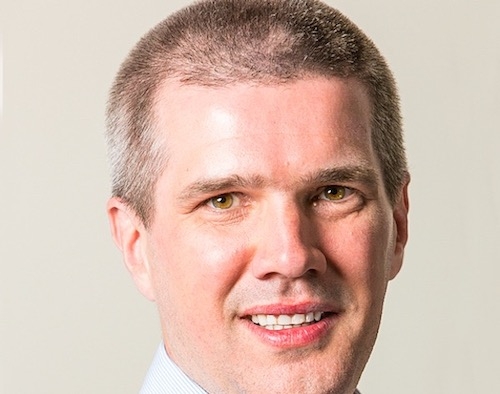New research suggests that the advice gap may have widened since the FCA’s Consumer Duty requirements arrived nearly a year ago.
More than half of advisers say they are turning clients away as they “grapple” with the new regulations, according to the study for financial consultants the Lang Cat.
Three in four advisers say the Consumer Duty is making it more difficult to service more clients.
The Consumer Duty, one year old this month, requires all firms to treat customers fairly at all stages of the customer journey. The FCA says the Duty has set “a higher standard of consumer protection in financial services.”
The advice gap is often defined as the number of people who would benefit from financial advice but fail, for one reason or another, to get it or be able to afford it.
Lang Cat's Advice Gap Study commissioned You Gov to research 2,000 UK adults. The Lang Cat also carried out fieldwork involving 200 financial advisers.
Among the key findings from the research were:
- Just 9% of British population uses paid financial advice
- 55% of advisers are turning clients away as they grapple with the new regulations
- Four fifths of advisers say the Consumer Duty is making it harder to service more clients
- Of those who pay for advice, 91% find it helpful (up from 87% in 2023 and 77% in 2022)
The research also found that trust in advice seems to be growing with this factor shifting down the list of barriers for consumers in seeking advice from top to third this year.
However, the Lang Cat says that its research found that more than four fifths (80%) of advisers believe the regulation has made it harder for them to service clients.
The shift may have particularly hit those with a low level of low investable assets. More than half of advisers (55%) have stopped serving them as a result of the Duty regulations.
The findings suggest that many advisers have used Consumer Duty as an “opportunity” to rationalise their client numbers, the Lang Cat said.
The reported: “The requirement to ensure products and services are clearly targeted at consumers for whom they are most suitable for, and ensuring fair value, has created a sharper focus on wealthy consumers approaching and transitioning through retirement.
“On the upside, the data shows that of those who pay for advice, 91% find it helpful, with this figure jumping by 14% over the past two years. Over half (56%) said they valued the service and more than a third (37%) said taking advice gave them peace of mind about having enough money in future.”
The biggest barrier to seeking paid advice is the cost. One on five people surveyed (20%) cited the cost as the main reason they would avoid financial advice. This has replaced trust in the profession as the main deterrent.
When customers were asked which, if anything, would need to change for them to pay for financial advice, 31% said trust, down from 38% last year. The Lang Cat said this could also be as a result of the Consumer Duty regulation.
Mike Barrett, Lang Cat consulting director, said: “Consumer Duty has triggered a major overhaul of the advice sector. The requirement to have a clearly defined target market, and represent fair value, has naturally resulted in advisers ensuring they offer their services to those with the most assets and complex needs.
“This is not a criticism of the profession - in fact it makes complete sense. Advisers run businesses; they are not paid to deliver social policy. However, change is required to ensure more consumers can access financial advice and support when needed.
"Our research shows that the FCA’s work on the Advice Guidance Boundary review is broadly supported by the advice sector, albeit the majority of firms will not develop new services alongside their existing ‘full advice’ offerings. Whoever forms the next Government must ensure the FCA accelerates this work from consultation to final policy. This means consumers who are unable to access traditional advice, can get some help with their increasingly complex financial lives.”

